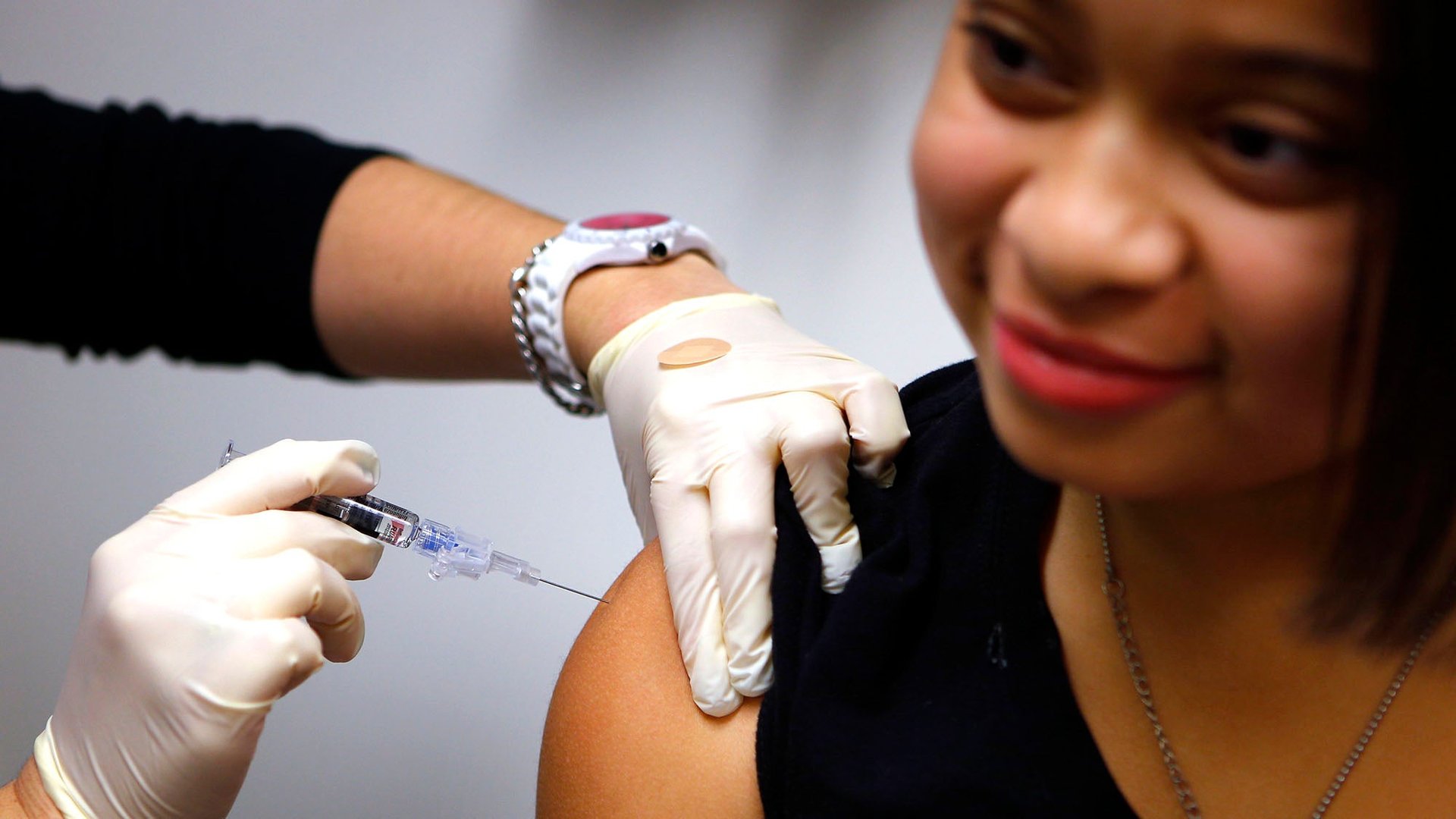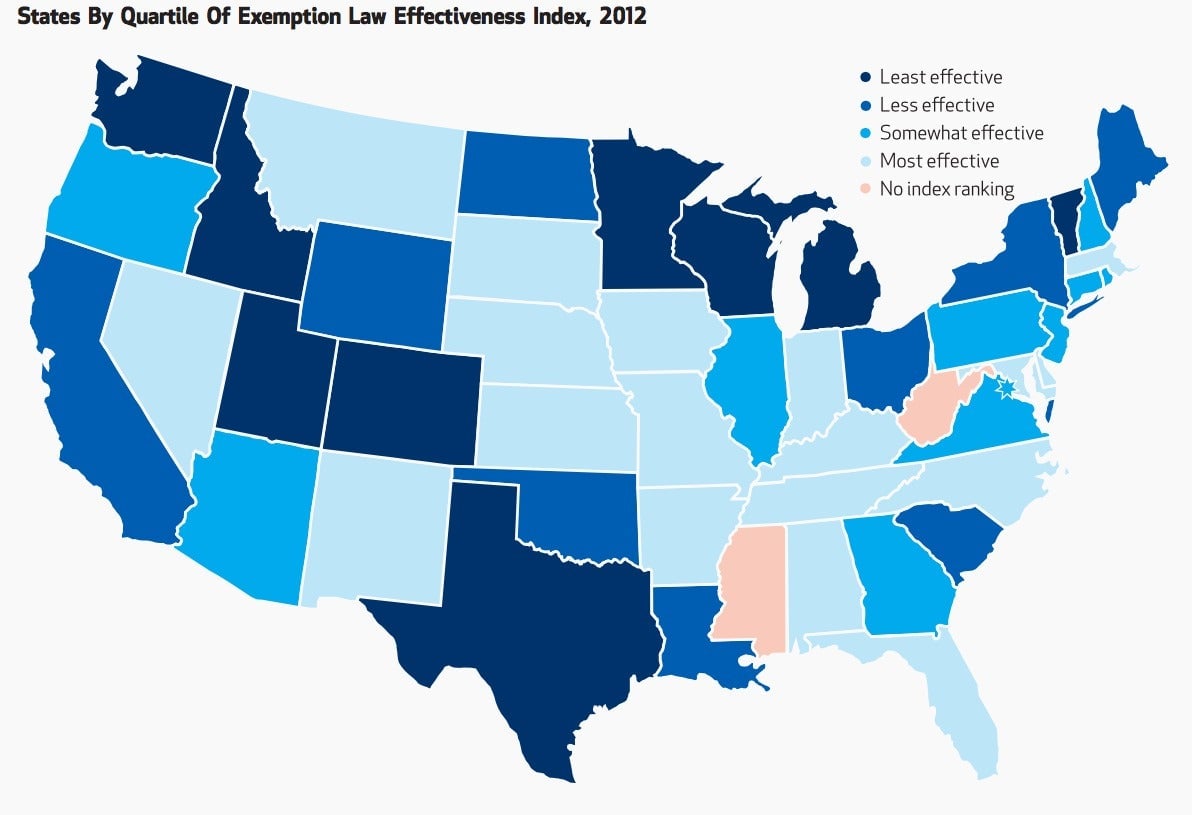There’s a simple way to reverse America’s dangerous drop in vaccination rates
Vaccines work: they save a lot of lives and keep populations healthier.


Vaccines work: they save a lot of lives and keep populations healthier.
Yet, despite extraordinary evidence supporting these claims, one of the world’s most scientifically advanced countries has seen a drastic increase in the number of people opting not to get vaccinated. The result, not surprisingly, is an increase in the number of preventable infectious diseases in the US.
The depressing statistics can be chalked up to a systemic change: In the past decade, state vaccination laws have made it easier to get exemption from vaccinations. All but three states allow exemptions for religious reasons, and 17 states allow them for philosophical reasons.
This is a dangerous trend, but there are ways to start reversing it. According to a new study in Health Affairs, small changes in how exemptions are administered could reduce the number of exemptions.
To arrive at this conclusion, David Bradford and Anne Mandich of the University of Georgia analyzed vaccination policies in all 50 states and then ranked them according to their effectiveness in keeping exemptions low.

The analysis helped them pick out which policies fared well and which did worse. For example, requiring a state’s health department to approve non-medical exemptions—that is, religious or philosophical exemptions—decreased the exemption rate by 1%. Meanwhile, standardized forms for exemptions from different types of vaccines, which several states have introduced in order to reduce paperwork, led to a 1% increase in the exemption rate.
These shifts might seem small, but they can have a huge impact. In 2012, states with the least-effective measures for containing exemptions had 38 more cases of whooping cough per 100,000 in comparison to states with the most effective standards. Given the scale of the US population, that seemingly small difference means that many thousands of people suffered from preventable conditions.
While getting rid of vaccination exemptions may be politically difficult, adding extra hurdles clearly proves to be effective. There can be an upside to bureaucracy after all.